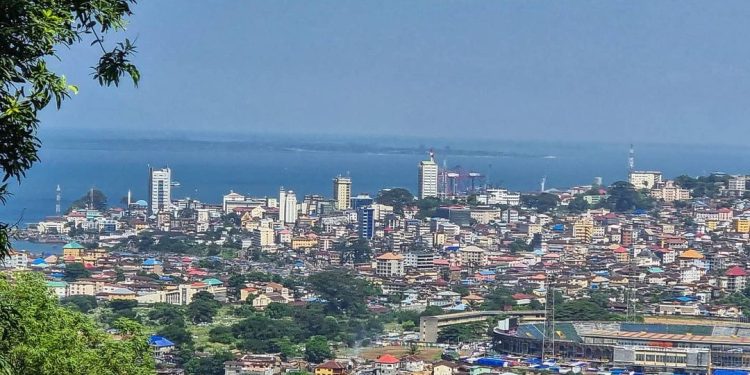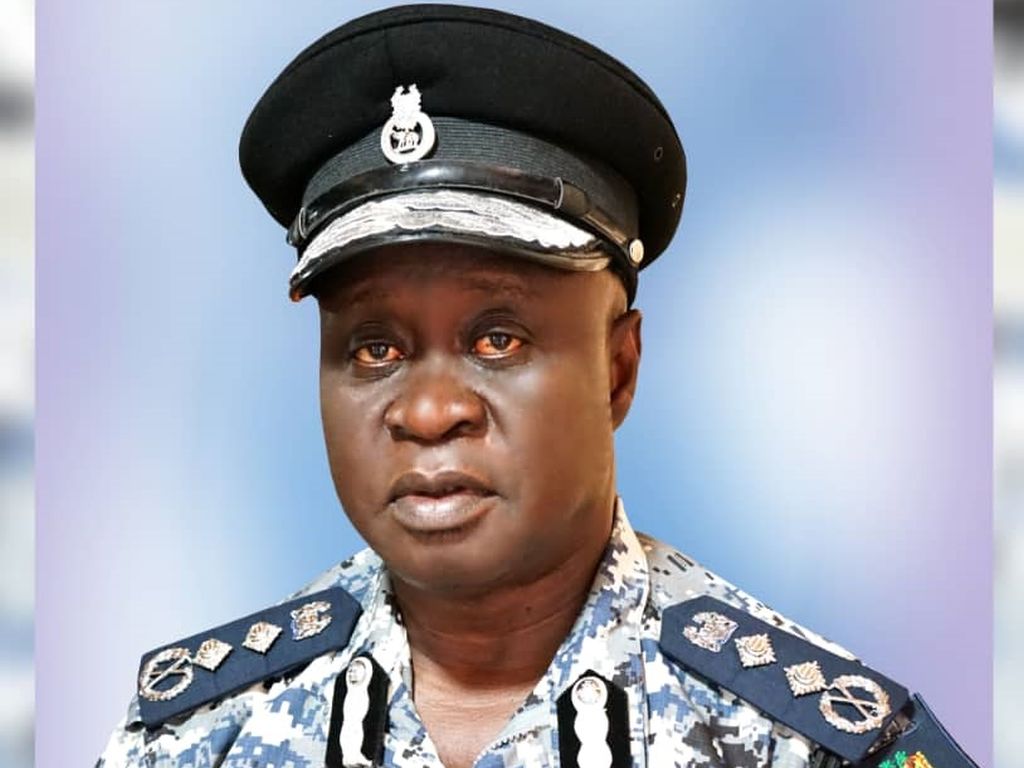By Alhaji M B Jalloh
Freetown, once the jewel of West Africa’s coast, now bears the scars of decay and disorder.
Once celebrated for its scenic coastline, cleanliness, discipline, and charm, Sierra Leone’s capital is fast descending into chaos – a city struggling to survive amid lawlessness, filth, and neglect.
Walking through some of the major streets this week; I saw a city struggling to breathe, seemingly abandoned by those entrusted to protect and nurture it.
From the moment I entered the Central Business District (CBD), chaos reigned. Traders had taken over the narrow roads, their tables, wheelbarrows, and makeshift stalls spilling far into the street. Vehicles and pedestrians fought for space as impatient drivers blared their horns, while hawkers darted between cars shouting prices.
Motorbike and tricycle (Keke) riders zigzagged recklessly through the traffic, brushing against bumpers and mirrors as if road rules no longer applied.
Around downtown PZ, Goderich Street, Regent Road Junction, East End Police, and Upgun Turntable, a few hungry and exhausted – looking police officers stood by helplessly – some glued to their phones, others merely watching the confusion unfold. It felt as though law enforcement had surrendered the streets. Rules no longer applied, and no one seemed to care.
Then came the filth – unavoidable and overwhelming. Garbage overflowed from bins and gutters, forming small mounds along the roadside. The air reeked of decay, smoke, and exhaust – a stifling mix of burning plastic and vehicle fumes. Flies hovered over piles of waste as residents went about their routines, seemingly desensitized to the decay. In several areas, stagnant water filled blocked drains, breeding swarms of mosquitoes.
Moving from PZ toward Upgun and Ferry Junction, revealed another grim reality, the growing presence of beggars.
Men, women, children, and the elderly lined the streets, hands outstretched in quiet desperation. Some were visibly disabled; others hollow-eyed and starving. Street boys fought over scraps of food, their shouts drowned out by car horns and loud music.
One moment captured the chaos perfectly. Near the Fullah Central Mosque, Magazine Cut, and Basharia Mosque on Bombay Street, I saw worshippers gathered for the “Magrib” prayer – yet deafening music from nearby speakers drowned out the call to prayer. Just a few meters away, young men smoked and argued over football and politics.
Along the densely populated Kissy Road, a church choir struggled to conduct its service, its hymns overpowered by generators and street noise. Even sacred spaces are no longer spared from the city’s disorder.
And so, the question remains: Where are the authorities?
Where is the Freetown City Council under Mayor Yvonne Aki-Sawyerr – the institution tasked with regulating street trading, enforcing sanitation laws, and maintaining order? Where is the central government that has repeatedly promised to restore the capital’s lost pride?
Today, Freetown may be “free,” but a freedom in all the wrong ways – free from order, free from responsibility, free from accountability and discipline. It has become a city left to fend for itself, where citizens have adapted to dysfunction as their daily reality.
As night fell over the Atlantic, I stood on Siaka Stevens Street watching the disorder persist. Traffic remained at a standstill, traders still shouted, and bars still blared music. It was more than just a dirty city; it was a capital slowly losing its soul.
Freetown, the heart of Sierra Leone, is bleeding. Unless both the government and the city council awaken from their inertia, the decline will only deepen – one blocked road, one heap of garbage, one neglected citizen at a time.
Freetown deserves better. Its people deserve a capital that reflects their pride, discipline, and hope – a city that is clean, orderly, and dignified. Until that day comes, our capital will continue to suffocate under the weight of its own neglect.











